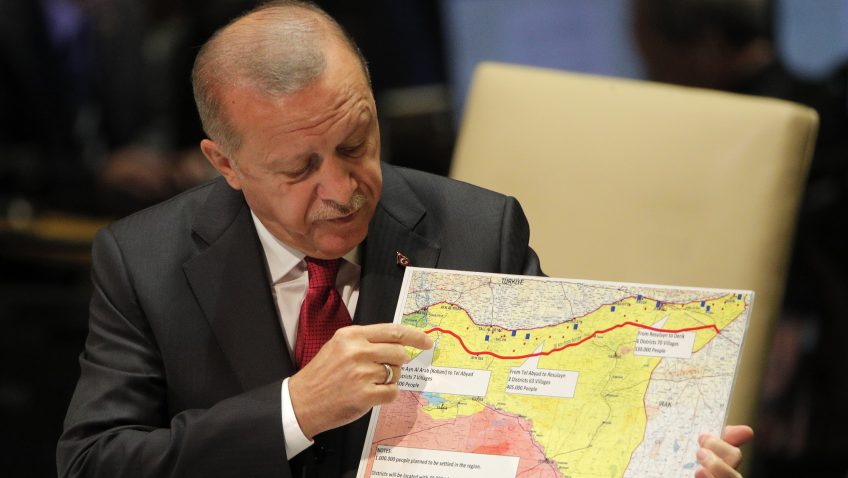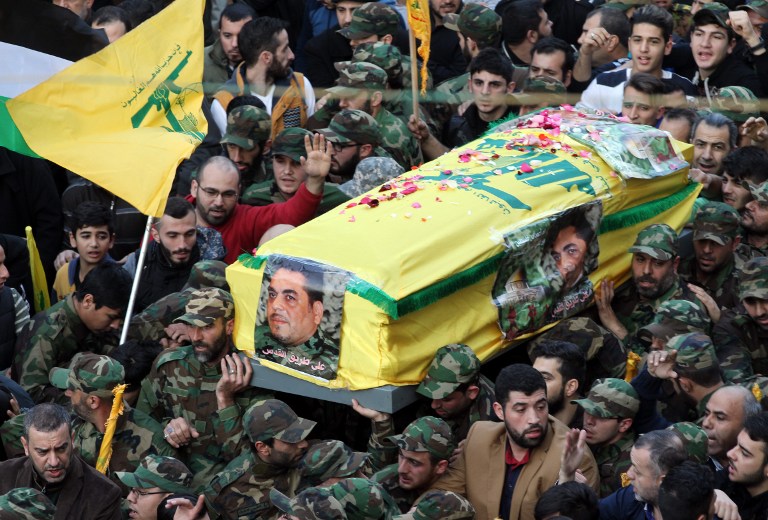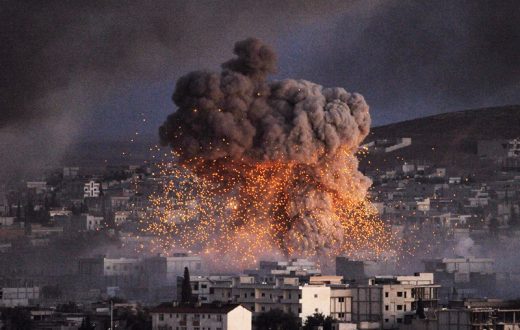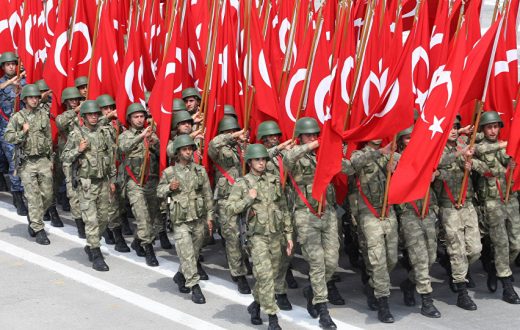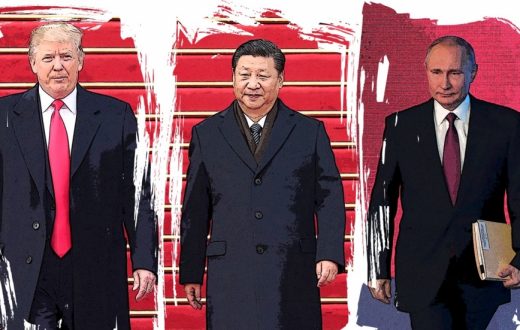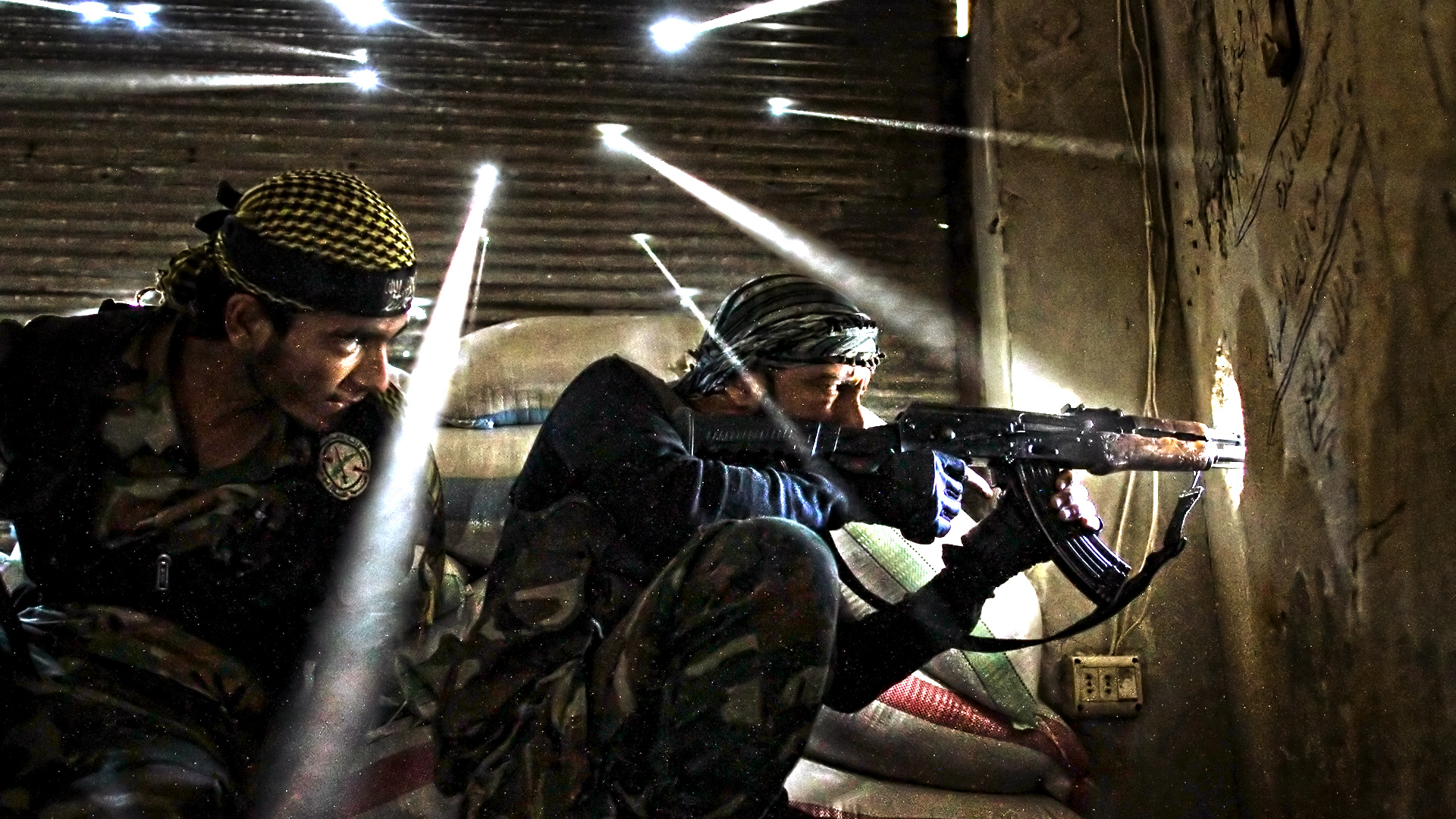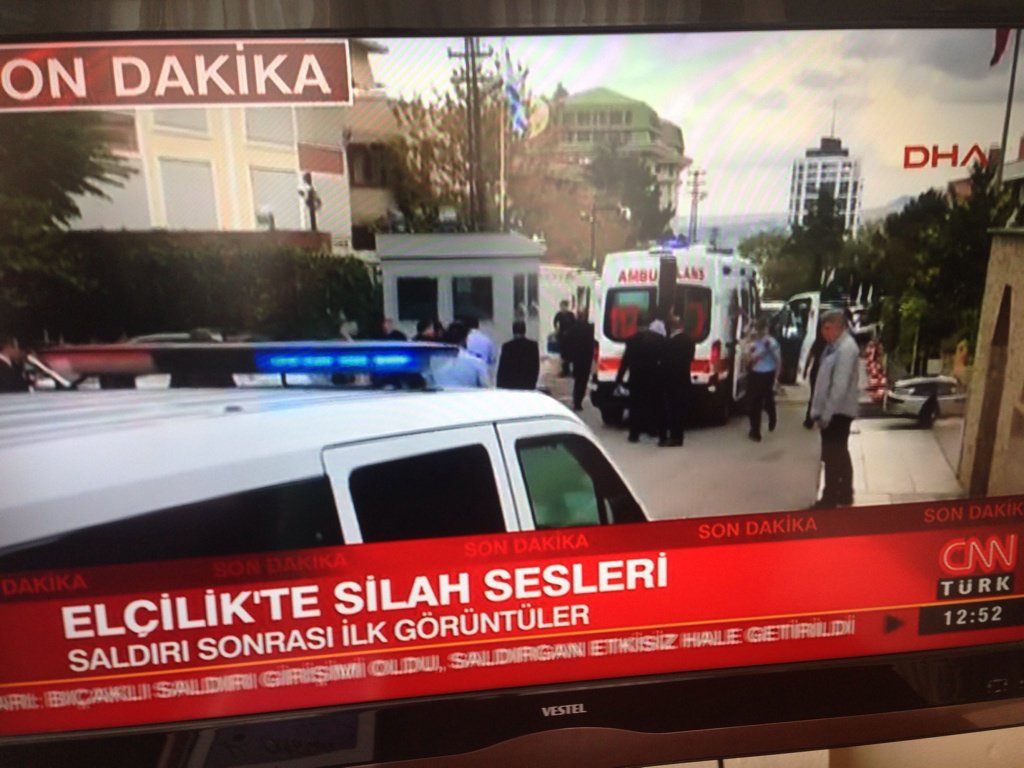Introduction
In Idlib, the Turkish counteroffensive is on the march. At least this is the message that Recep Tayyip Erdogan wants to imprint in the minds of Syrian President Bashar el-Assad and his Russian godfather, Vladimir Putin.
On 5th of February, seven soldiers and a civilian of the Turkish army were killed in the last rebel province in north-western Syria. The Turkish Head of State issued an ultimatum to the Syrian regime: to withdraw, before the end of the month, from all the areas of Idlib. If Damas doesn’t withdraw, they will face a military operation from Ankara. The death of five more Turkish soldiers in the regime’s firefights on Monday brought the timetable to an abrupt end.
The Turkey-Russia agreement
“We are determined, by the end of February, to push the regime back outside the Sochi agreement, beyond our observation posts. We will do the right thing, without hesitation, on the ground and in the air,” Recep Tayyip Erdogan said on Wednesday.
The Russian-Turkish Sochi agreement, signed in September 2018, was supposed to make Idlib a “demilitarized zone”. Turkey had pledged to evacuate jihadists from the Hayat Tahrir al-Cham group, formerly affiliated to al-Qaeda. A few hundred Turkish soldiers, deployed at 12 observation posts, were to guarantee a ceasefire between pro-Ankara rebels and forces loyal to Damascus.
But Sochi’s promises were never kept and the regime’s offensive, which began at the end of April 2019 with the support of the Russian air force and pro-Iran militias, has in recent days led to a direct confrontation between Turkish and Syrian soldiers. “As of today, if our soldiers deployed at our observation posts or elsewhere are attacked, we will strike the regime’s forces everywhere, regardless of the Idlib borders or the Sochi agreement,” President Erdogan said Wednesday.
9000 Turkish soldiers on the spot
The likelihood of an uncontrolled escalation is increasing by the hour: in Idlib, Turkey has mobilised more men, vehicles and weapons than in all its previous incursions into Syria. Some 9,000 Turkish troops are believed to be there. The vast majority have crossed the border in recent weeks. This massive deployment is all the more risky because the Turkish military – some of whom are already surrounded by loyalist Syrian forces – have no air cover in case of aggression, or to support their counter-offensive. The airspace over Idlib is controlled by Moscow, which prohibits Turkish aircraft from flying there. Why, then, is Recep Tayyip Erdogan exposing his army to such perils? What is his strategy in Idlib?
“Turkey is forcing Russia’s hand,” says Emre Kürsat Kaya, a researcher at the Centre for Economic and Diplomatic Studies (Edam) in Istanbul. “It wants to find with Moscow – and perhaps, indirectly, with Damascus – a global and permanent agreement, not only on Idlib but also on the control of all the regions in northern Syria” where the Turkish army is present. That is what is at stake here. For Ankara, it’s not just a question of blocking the flight to its borders of the three million civilians from Idlib. Indeed the country is already struggling to accommodate more than 3.6 million Syrians. It is also a question of not giving up any ground – psychologically and physically – vis-à-vis Moscow and Damascus.
The eternal fear of the Kurds
“It is clear that after Idlib, Syrian forces will focus on the regions of previous Turkish operations such as the Euphrates Shield (between Jarablous and al-Bab) and the Olive Tree (Afrin),” explains Emre Kürsat Kaya. “Turkey does not want above all to create a precedent of retreat” and be forced, in the end, to abandon its protectorates in northern Syria, which are primarily aimed at preventing the establishment of an autonomous Kurdish region.
In recent days, discussions in Ankara between Turkish and Russian officials have ended without result. A Turkish delegation is due to travel to Moscow shortly to resume negotiations. In the midst of his anti-Damascus tirade, Recep Tayyip Erdogan had this sentence with little emphasis: “From now on, we will no longer turn a blind eye to […] fanaticism, treason, provocations […] by mavericks within the opposition groups who offer the regime a pretext for its attacks”. A toughening of the Turkish army against Idlib’s jihadists? Perhaps this is the quid pro quo Recep Tayyip Erdogan is offering Vladimir Putin.

